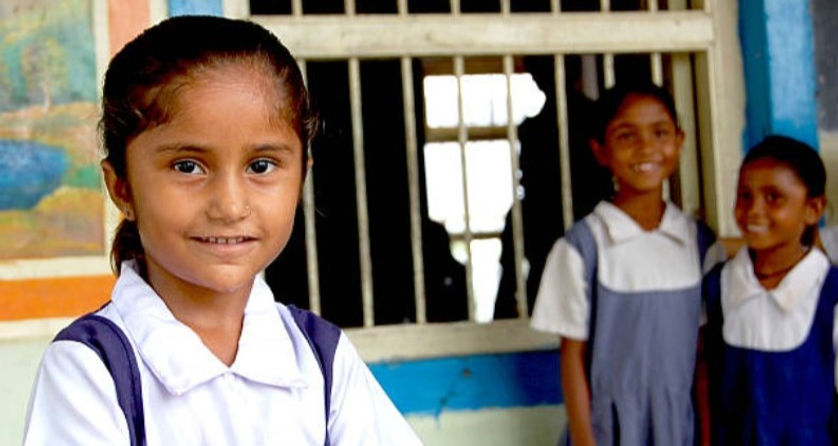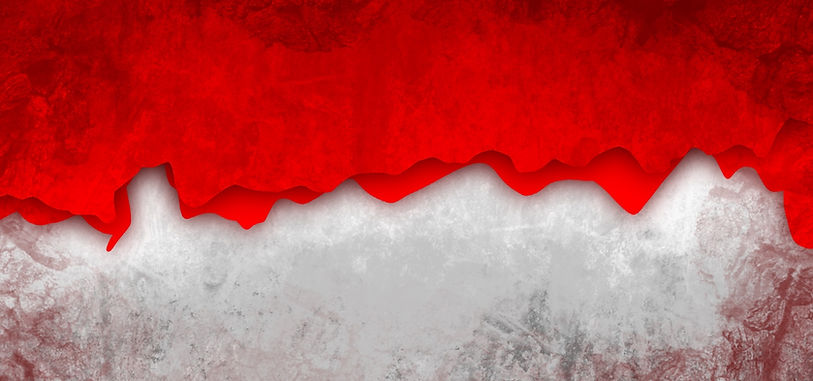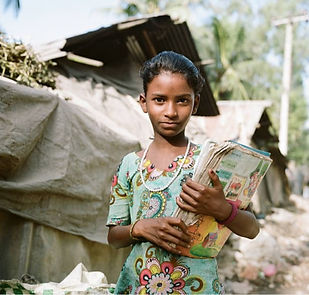
Moitrakanan Foundation



WHY CHILDREN?
Childrens are the structure squares of our country's future. How about we put resources into their possible today, so they can turn into our researchers, government officials, sportspeople, columnists and educators of tomorrow!

India has probably the biggest extent of populace in the more youthful age bunches on the planet. 35.3% of the number of inhabitants in the nation has been in the age bunch 0-14 years at the Census 2001. 41% of the populace represent under 18 years old.

India's childrens fight a portion of the most noticeably terrible conditions on the planet.

This issue before us is a mammoth one. Yet, one that can be settled inside our lifetimes. All it needs is for every last one of us to meet up and do everything possible to add to a feasible arrangement.
The Convention on the Rights of the Child sets out the rights that must be realized for children to develop to their full potential.
As per the United Nations Convention on the Rights of the Child (UNCRC), which was endorsed by India in 1992, all youngsters have principal privileges which should be perceived by states and residents the same.


CONTINUING CARE
many children cannot take care of their aged parents with ongoing medical problems. A few older folks think that it is hard to adapt to their girl parents in law and grandkids, because of distinction in qualities and outlook. "The vast majority of the matured guardians who are acquired to the homes are north of 65 years of age and are out of commission
India's older populace to rise 41% over the following decade to contact 194 mn in 2031
According to the site dadadadi.org, there are 728 Old Age Homes in India today. Data of 547 homes is accessible and out of these, 325 homes are liberated from cost while 95 advanced age homes are on pay and remain premise, 116 homes have both free just as pay and remain offices and 11 homes have no data.
In urban areas, where houses are small and a family’s resources meager, many families feel justified in abandoning their elders or leaving them to the mercies of strangers in ill –equipped ‘homes’ typically run by charitable institutions or well meaning volunteers. Even in rural areas, we do hear of cruel treatment of elders, exploitation and neglect. There are few or no government institutions that will take care of the elderly. The financial burden of taking care of an elderly person perhaps with special needs or with some mental or physical impairment can place considerable burden on a resources of a family with modest means.


WHY ENUCHS?
Instructive organizations in India don't need a transsexual understudy ... "Shockingly, the acknowledgment level among taught Indian families is expanding.
In India, Eunuchs-a mutilated male, otherwise called transsexual or Hijra, are the individual who is perceived neither as male nor lady. They are an alternate sexual orientation by and large and one of the most ignored and unfairly underestimated classes in Indian culture. At Hindu births and weddings, eunuchs or hijras should perform moves, tunes, and favors as their sacrosanct strict obligation. Numerous Hindus accept that eunuchs have extraordinary heavenly power.
Rather than this, Hindus are additionally scared of being reviled by the hijras. Hijras have been treated with both dread and regard. Activists express that these individuals live on the edges of society, for the most part in neediness, and are avoided because of their sex character. Most of them earn enough to pay the rent by singing and moving, just as asking and prostitution. Common liberties associations say that they are regularly exposed to serious segregation and are needed to distinguish as one or the other male or female in most open spaces. The eunuch local area is spread all through India, with the greater part living in western and northern states, while some likewise living in southern states. Notwithstanding, in certain states, like Tamil Nadu, Kerala, and Odisha, transsexual individuals are perceived as the third sexual orientation.
